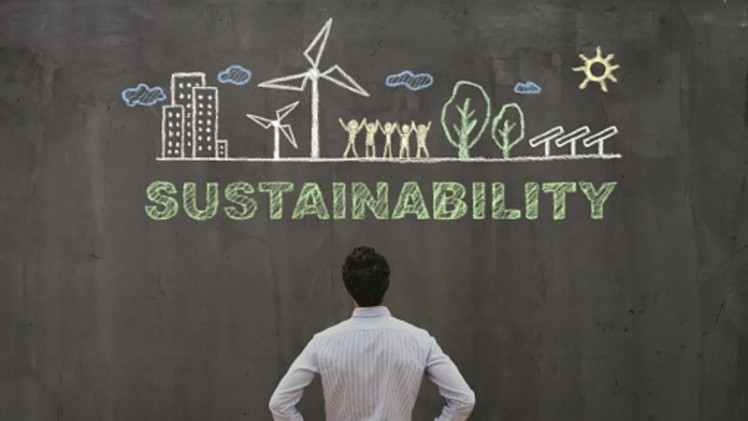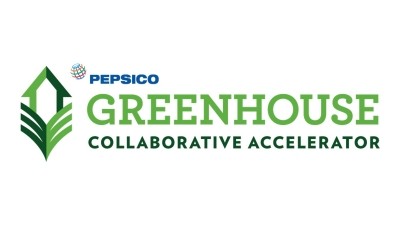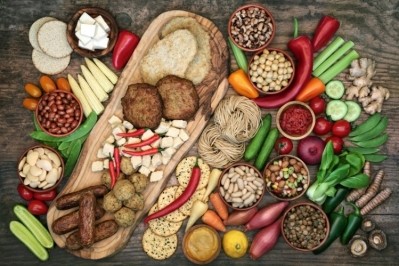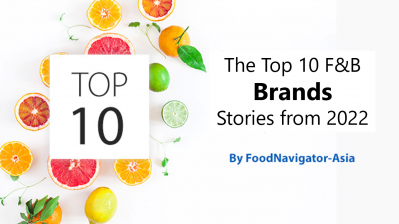Sustainability Snippets: Suntory APAC, PepsiCo, the top 10 sustainability stories from 2022 and more feature in our round-up

Purging plastic pains: Suntory APAC on why alternative materials and recycling efforts needed in unison
Beverage giant Suntory believes that a simultaneous focus on the development of alternative packaging materials as well as better recycling infrastructure are essential to deliver on its sustainability ambitions.
Sustainability has emerged as an increasingly important trend within the food and beverage industry in APAC over the last few years, especially after the COVID-19 pandemic hit.
Japanese beverage heavyweight Suntory says it is determined to make a difference by focusing on not only recycling but also on plastic reduction and alternative development.
“In packaging, plastic disposables remain a major pain point but we believe that sustainability is an urgent issue that the F&B industry needs to tackle collectively [so] creating environmentally friendly alternatives to plastic packaging continues to be a focus area in Asia and beyond,” Suntory Beverage & Food Asia Pacific (SBFAP) Chief Supply Chain Officer Alan Smith told FoodNavigator-Asia.
Pride and palm oil: PepsiCo calls for big brand sustainability involvement to attract smallholder producers
Food giant PepsiCo believes that the involvement of major food and beverage brands in palm oil sustainability initiatives is crucial to attract smallholder producers and make a bigger impact.
PepsiCo has been actively involved in the sustainable palm oil scene for several years, including participation in the Roundtable on Sustainable Palm Oil (RSPO) Shared Responsibility Task Force since its inception back in 2019.
“There is no doubt that the role that international companies further down in the food supply chain making end-products that directly reach consumers can play [in the acceleration of] sustainable palm oil uptake,” PepsiCo Senior Director for Positive Agriculture Emily Kunen told the floor at the recent RSPO RT2022 event in Kuala Lumpur.
Sustainable success: The Top 10 sustainability stories from the APAC food and beverage industry in 2022
Bringing you the top 10 most-read sustainability stories from the APAC food and beverage industry in 2022, featuring news on palm oil, plastic packaging and various regulatory updates from throughout the year.
Mitigating ‘business risk’: Nestle expands APAC sustainability initiatives with regenerative projects in Australia
Nestle has highlighted its Australian business as the next major market to implement its sustainability plans in the APAC region, with a focus on regeneration and carbon footprint reduction.
The food and beverage giant announced this at the COP27 United Nations Climate Change Conference, pledging to implement regenerative measures that would benefit the local food supply chain and natural solutions to reduce greenhouse gas emissions, plans to plant 10 million trees in the country by 2025.
“[The aim is to] scale up regenerative agriculture and deploy natural climate solutions to absorb greenhouse gases [to] contribute to Nestle’s overall net zero target by 2050,” Nestle Executive Vice President, Head of Operations, Head of Operations Magdi Batato said.
‘No more wasteful gimmicks’: China issues strict constraints for fruit, meat, egg and seafood packaging
The Chinese government has launched strict draft standards to govern excessive food packaging in the country covering fruit, meat, egg and seafood products, allowing public comments on these until January 2023.
China’s quest to eliminate the use of excessive packaging in the country to cut down on packaging waste has been ongoing since 2021 when the government first banned these for festive foods such as mooncakes and dumplings, and earlier this year expanded its focus to include several more food categories such as fresh foods and foods purchase via e-commerce.
The local Ministry of Agriculture and Rural Affairs (MARA) has just launched a draft containing formalised proposed standards to govern excessive packaging, with an initial focus on fruit, meat, egg and seafood products.















